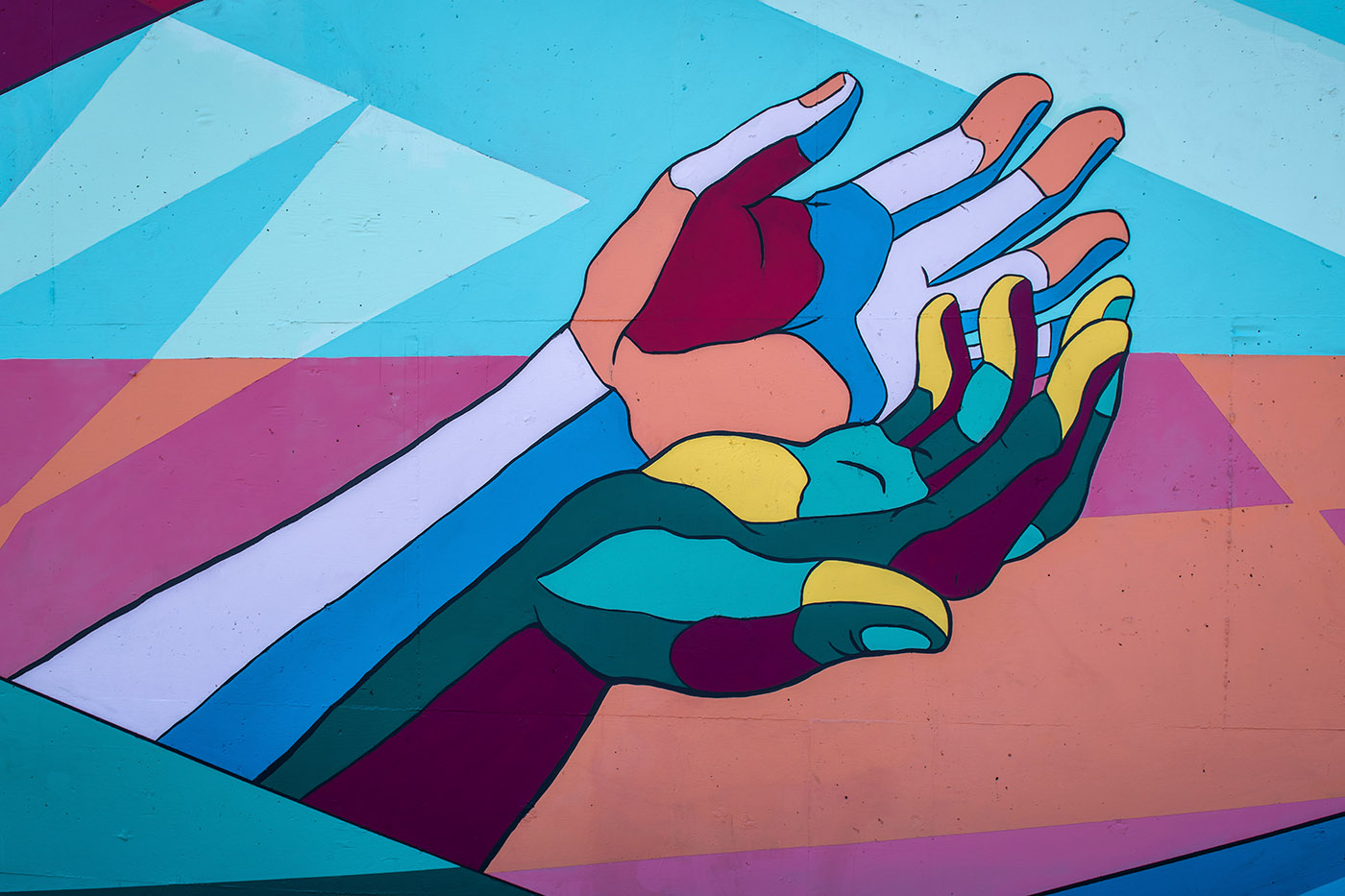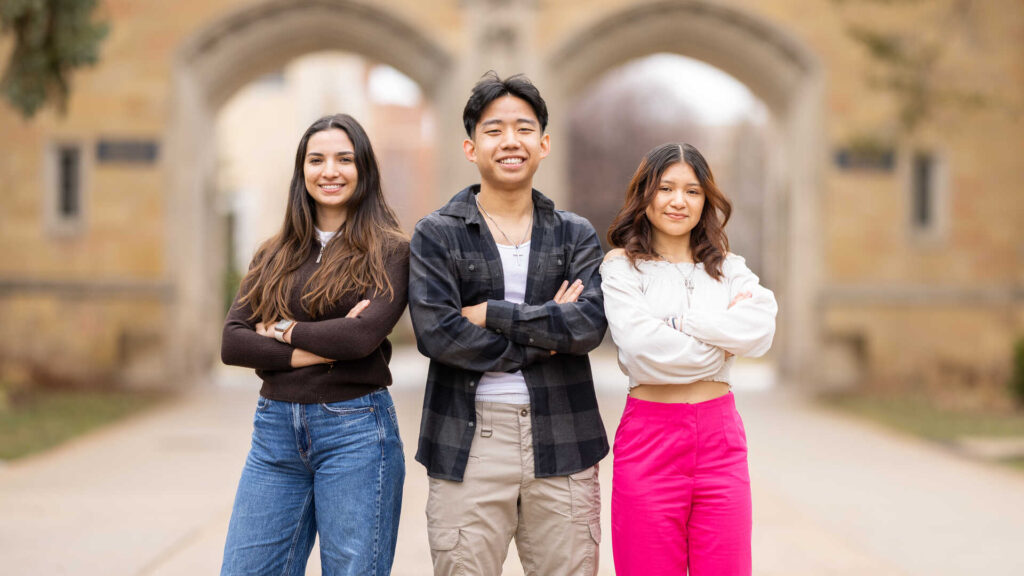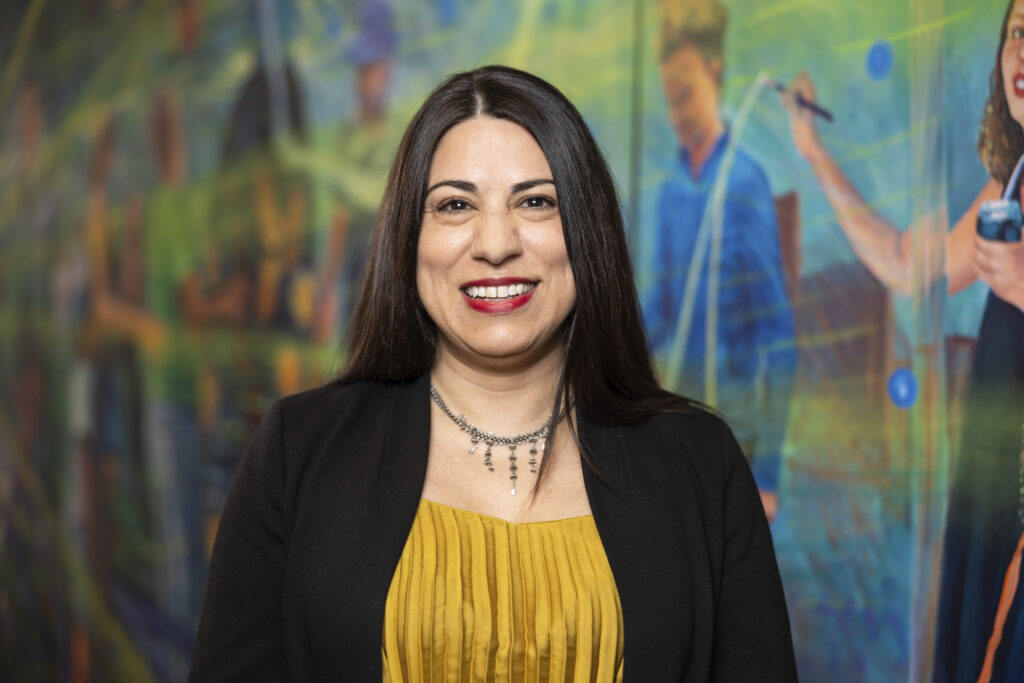Our community has been rocked. George Floyd was killed by officer Derek Chauvin in south Minneapolis, a mile from where I grew up, and our city became the birthplace of global racial uprisings. Just since I moved back to Minnesota in 2014, there have been four police murders in the Twin Cities that have made national headlines, and many other instances of police brutality that are lesser known.
The consequences of racism in the U.S. are overwhelmingly evident for Black, Indigenous and people of color (BIPOC). Harvard Professor Dr. David Williams has demonstrated countless connections between structural racism and physical health, and psychological science lays bare the toll of racist exposure on our collective mental health. Being exposed to racial violence against BIPOC community members also impacts our collective mental health, even if not directly targeted.
In response, my colleagues and I created the Psychology of Radical Healing Collective to share evidence-based practices that promote individual and collective healing in the face of racism. In a recent article, we propose a Psychological Framework of Radical Healing, by and for Black, Indigenous and people of color. In it, we highlight the limitations of traditional psychological approaches to coping that were based on Western white scholarship and are overly individualized. We drew on the work of sociologist and educator Shawn Ginwright and psychologist Lillian Comas-Diaz, and grounded our model in theories of intersectionality, Black psychology and liberation psychology.
Our model believes that for liberation to occur, psychological healing must focus on the root cause – systemic conditions contributing to the trauma of racism and colonization. Thus, we envision a radical healing process that acknowledges the pain of oppression while fostering hope for justice and psychopolitical freedom.
We define “radical healing” as being able to sit in a dialectic and exist in both spaces of resisting oppression and moving toward freedom. Staying in either extreme – the despair of oppression or the imagination of possibilities – could be detrimental. On one end of the spectrum, people could get lost in an overwhelming sense of disempowerment. On the other end, only focusing on dreaming for a better future can remove someone from current reality. We believe it is essential that radical healing includes both acknowledgment of and active resistance from oppression, as well as a vision of possibilities for freedom and wellness.
The model has five anchors:
- Collectivism: connects personal liberation with the broader BIPOC communities
- Critical consciousness: capacity to critically reflect and act upon their sociopolitical environment
- Strength and resistance: calling on the radical tradition of BIPOC ancestors who have survived centuries of atrocities
- Cultural authenticity and self-knowledge: resisting colonized knowledge and practices as the only way of knowing, and instead honoring ancestral wisdom and fostering racial-cultural pride
- Radical hope: a sense of agency to change things for the greater good – a belief that one can fight for justice and that the fight will not be futile
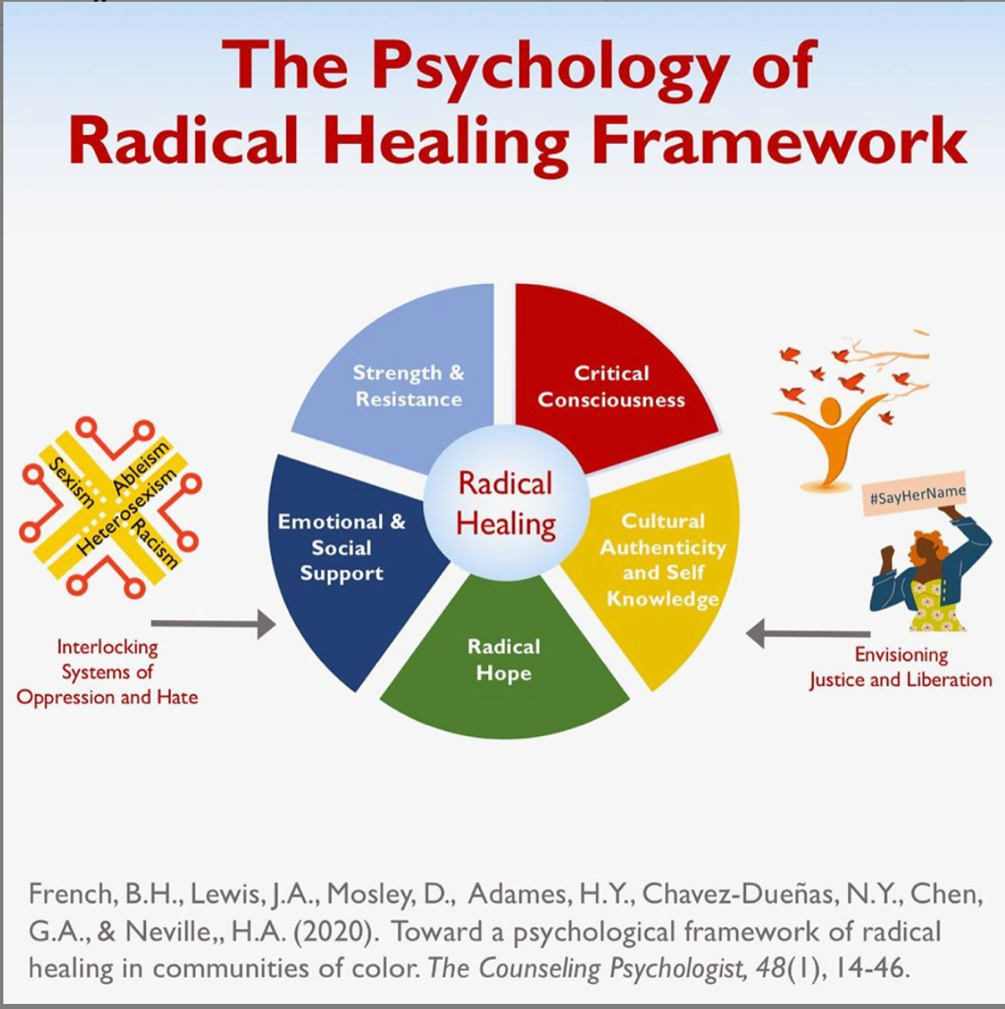
Image created by Dr. Hector Adames
We want to give psychology away for communities to use it as translational science, so we have a standing blog on Psychology Today. We also created a Psychology of Radical Healing syllabus for academics who may want to engage in additional coursework around our framework.
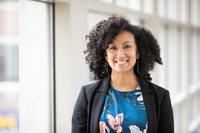
Bryana French, PhD, LP
Since the racial uprisings, our article and the model has received a lot of interest and I’m honored to share our work with the St. Thomas community as we grapple with the white supremacy embedded in our institution and work to create a university where BIPOC students, staff and faculty feel a sense of belonging.
Bryana H. French, PhD, LP, is an associate professor in the Graduate School of Professional Psychology.
